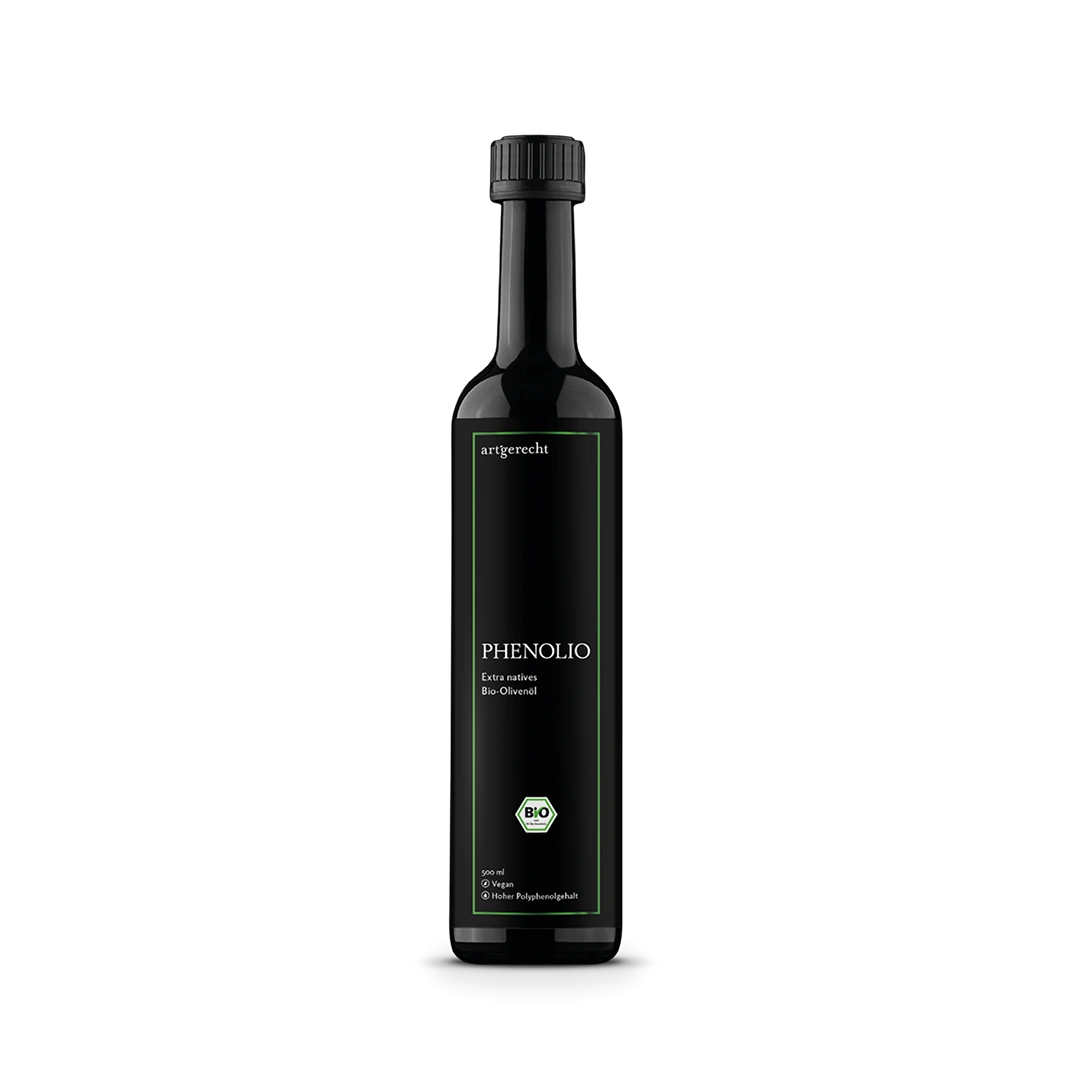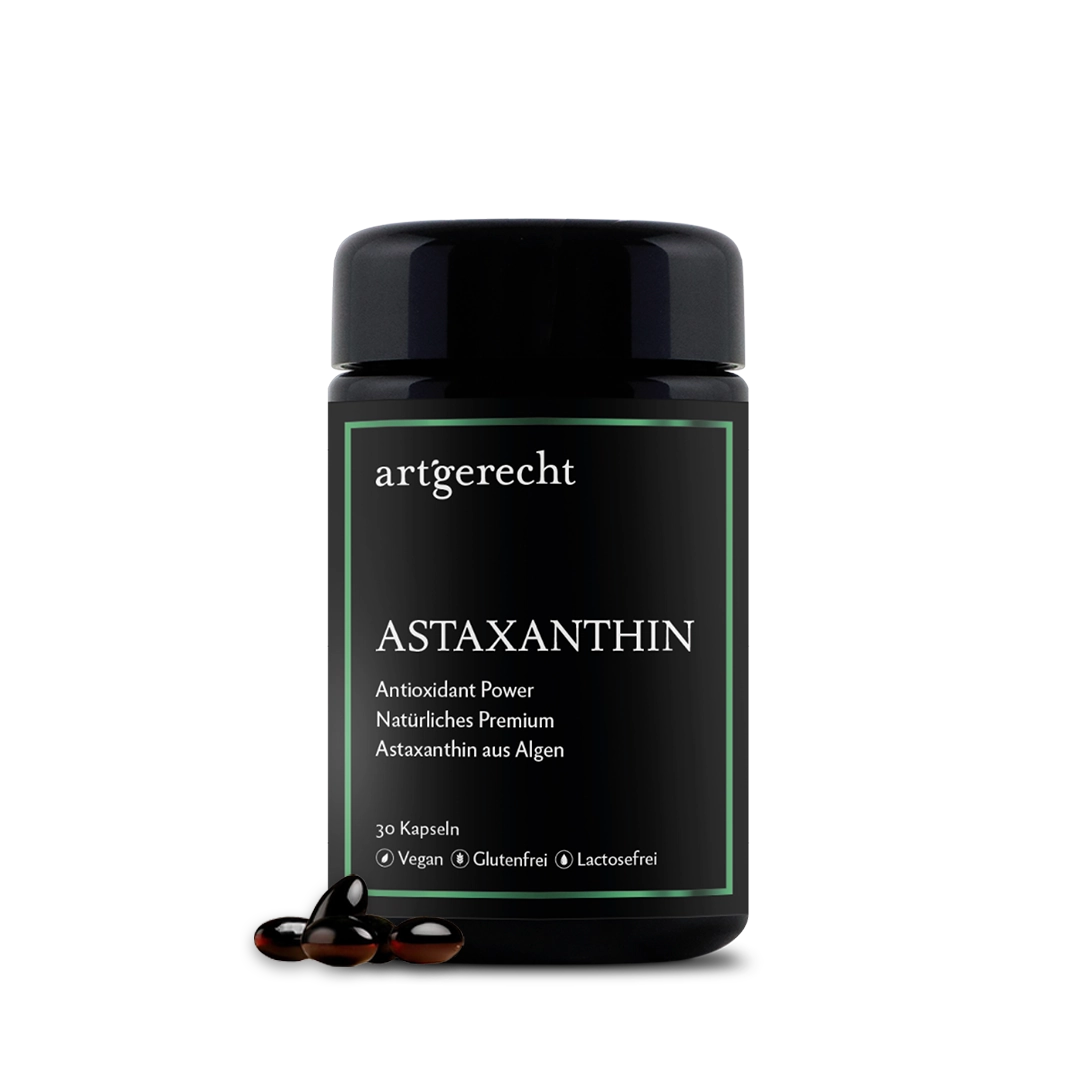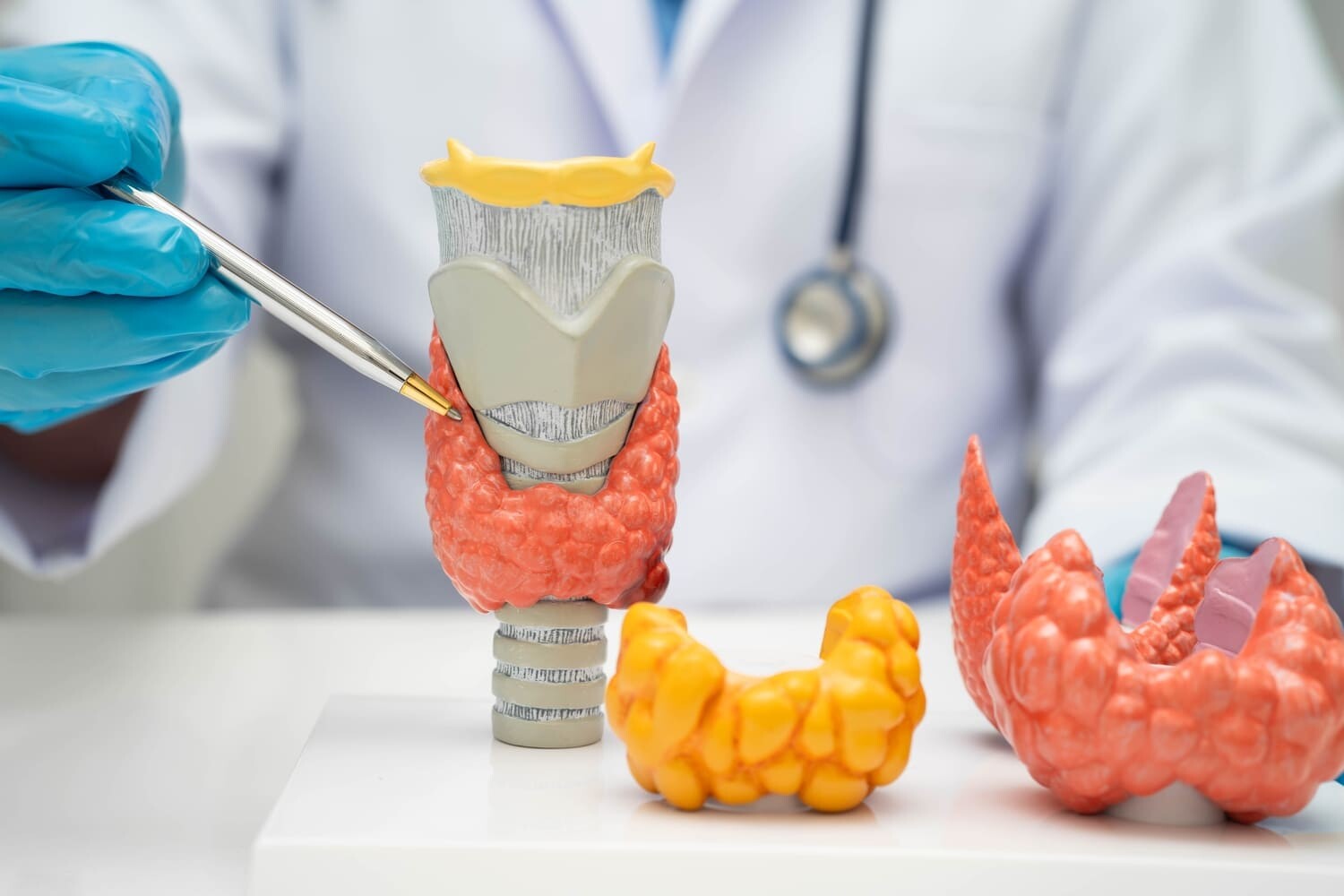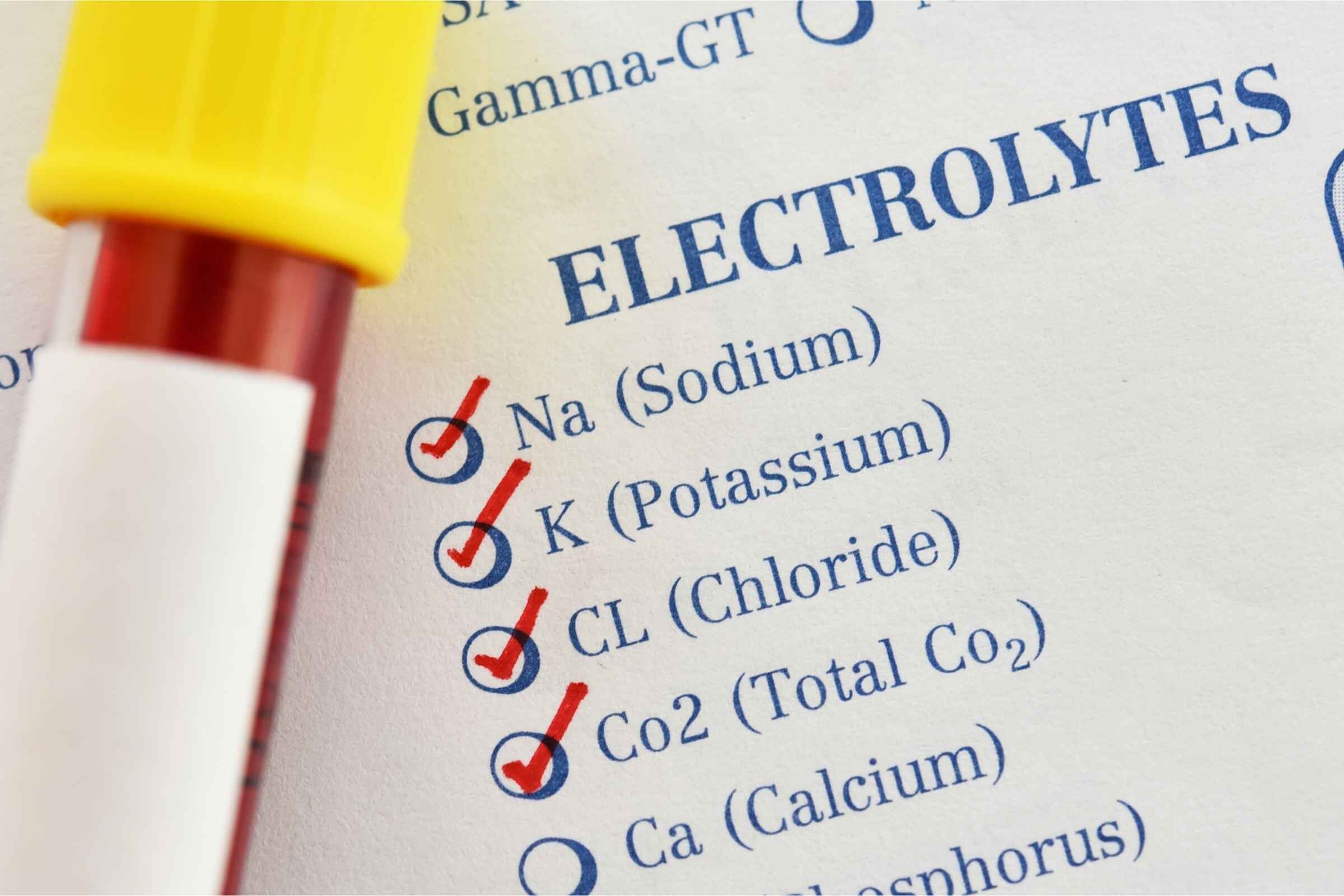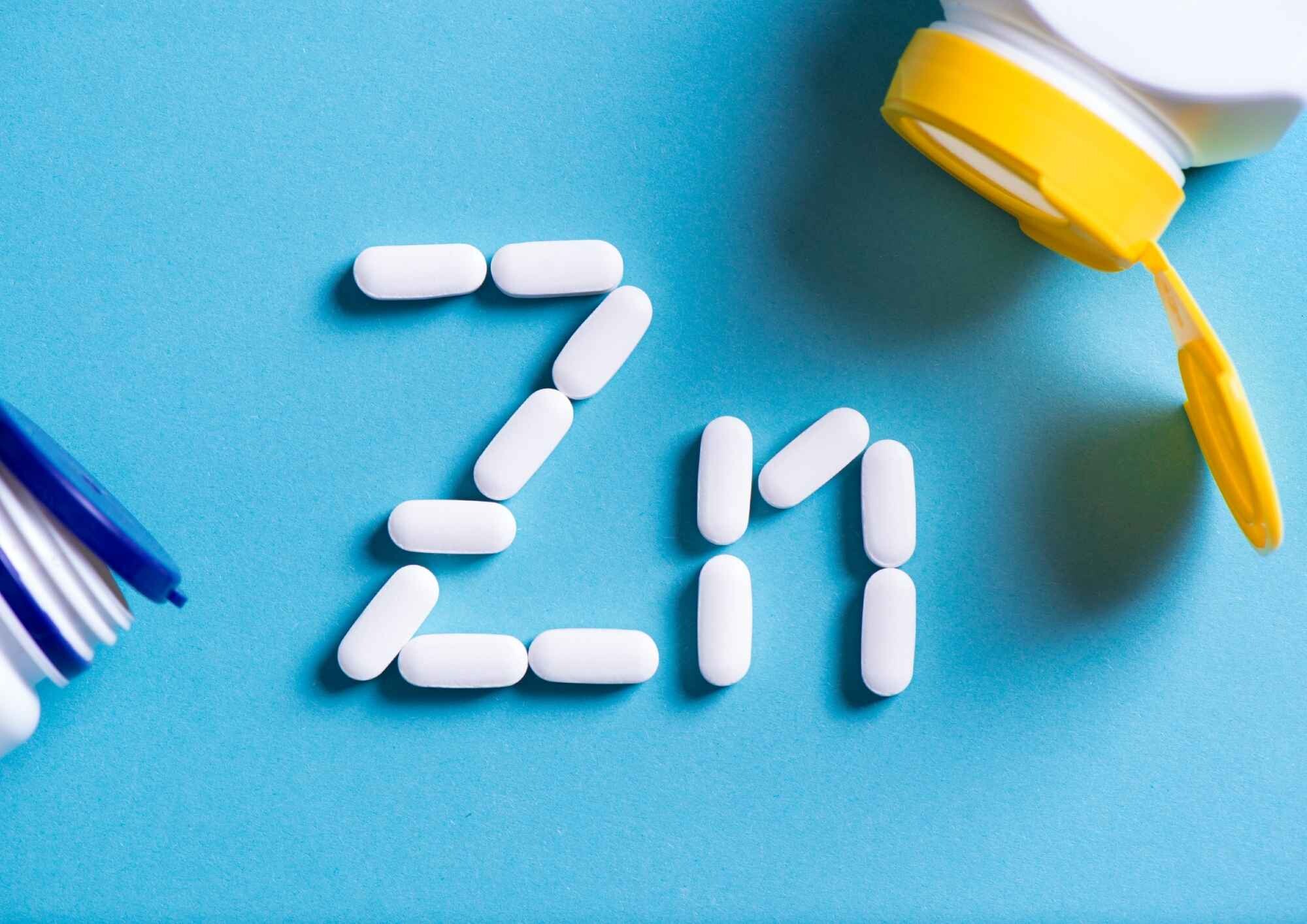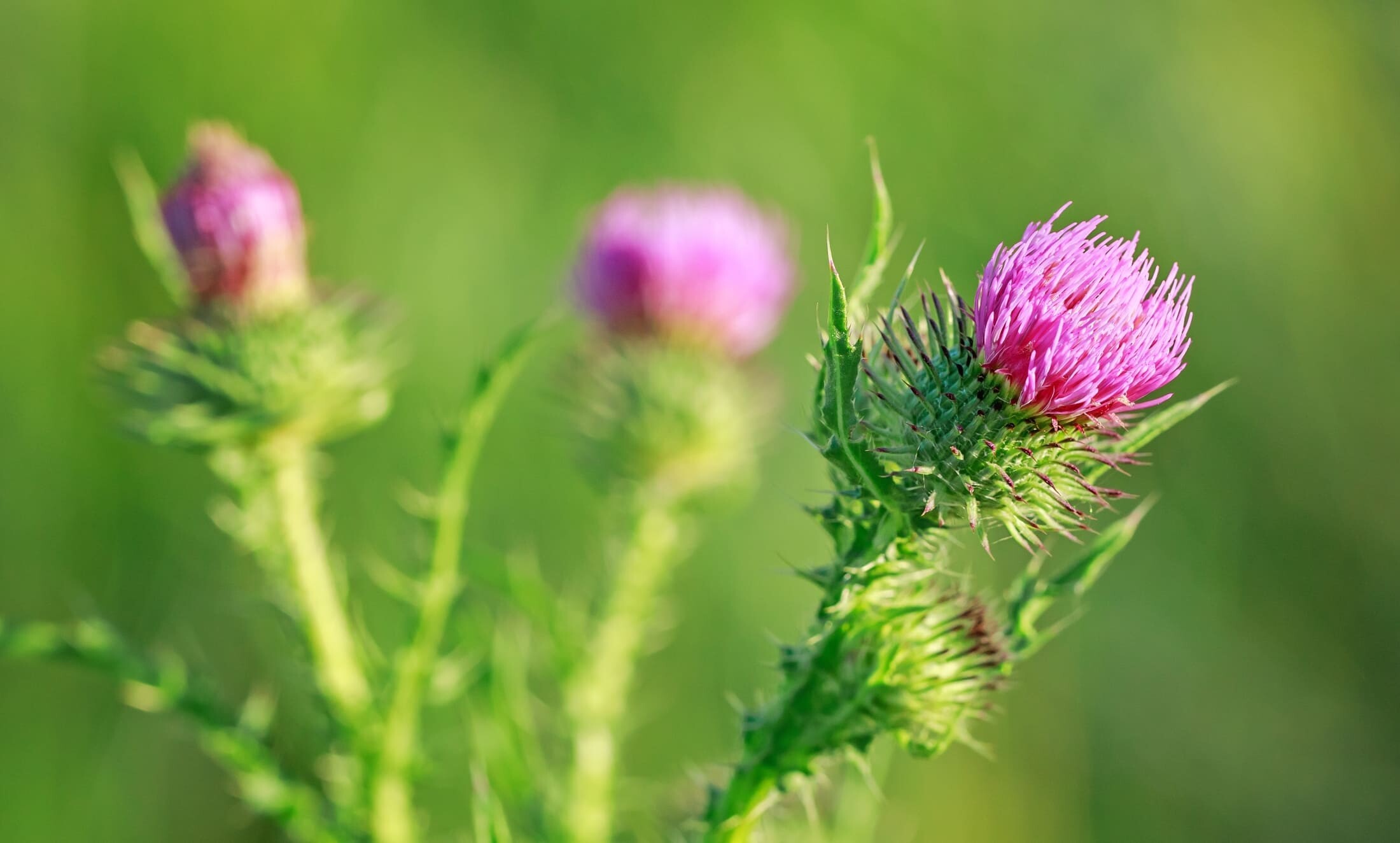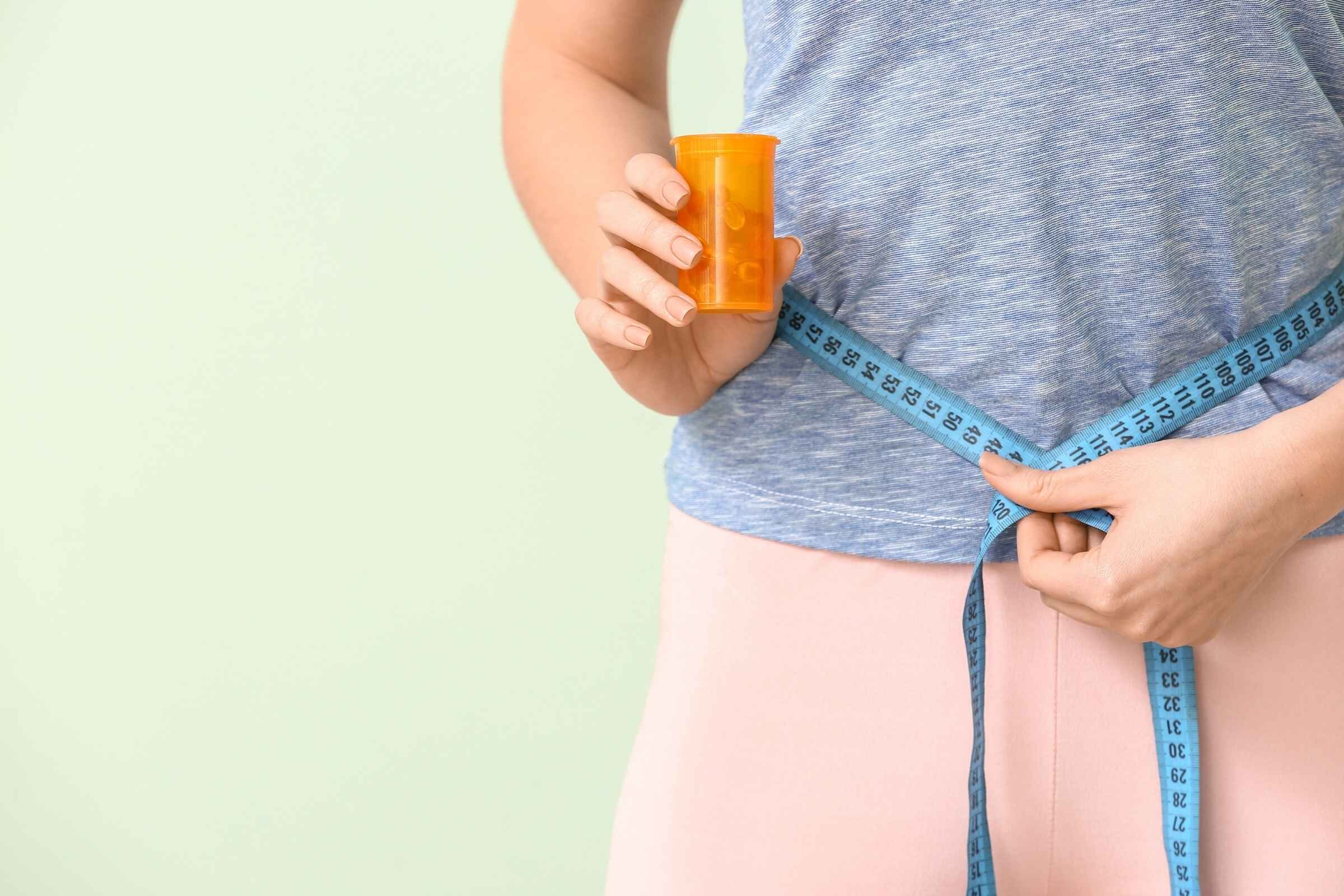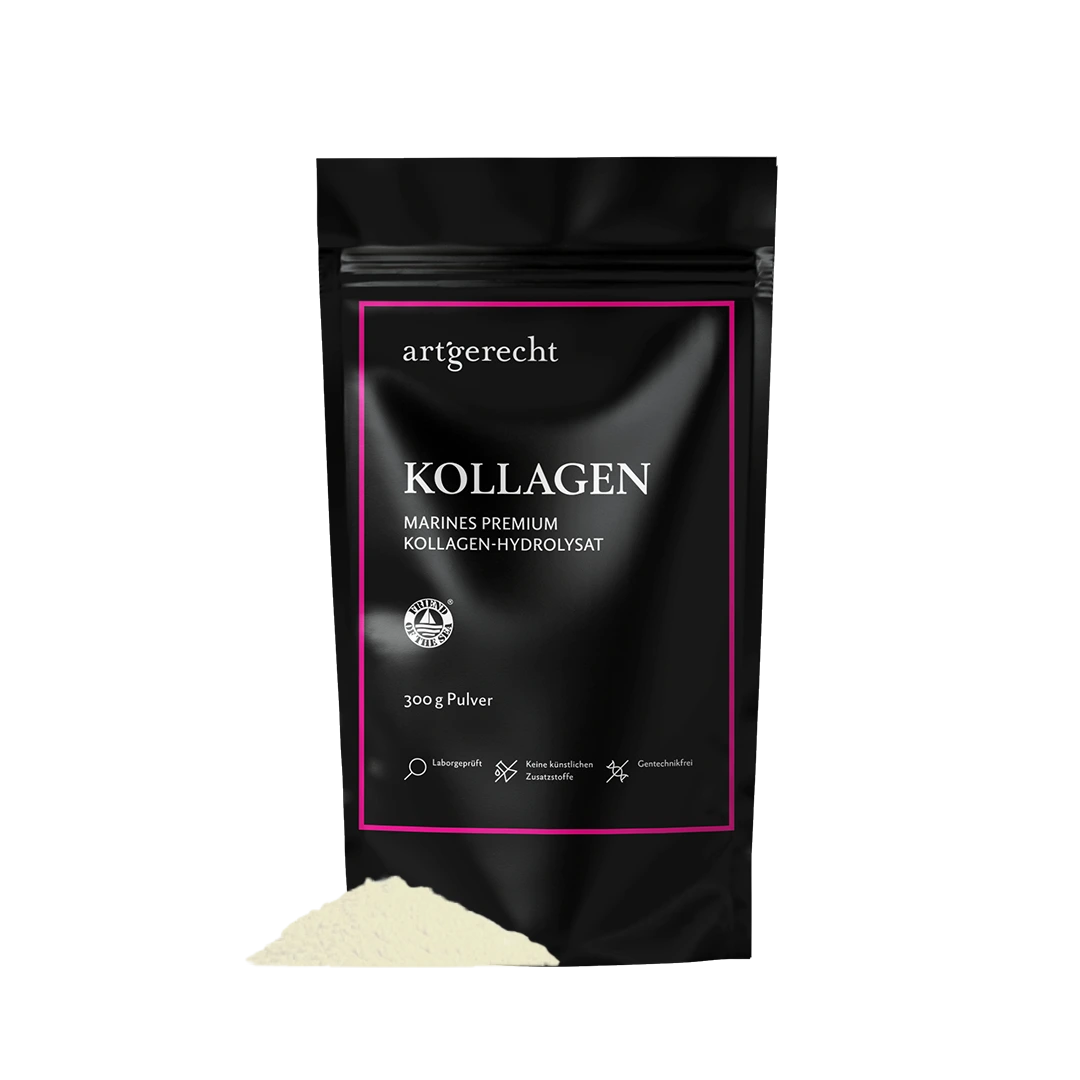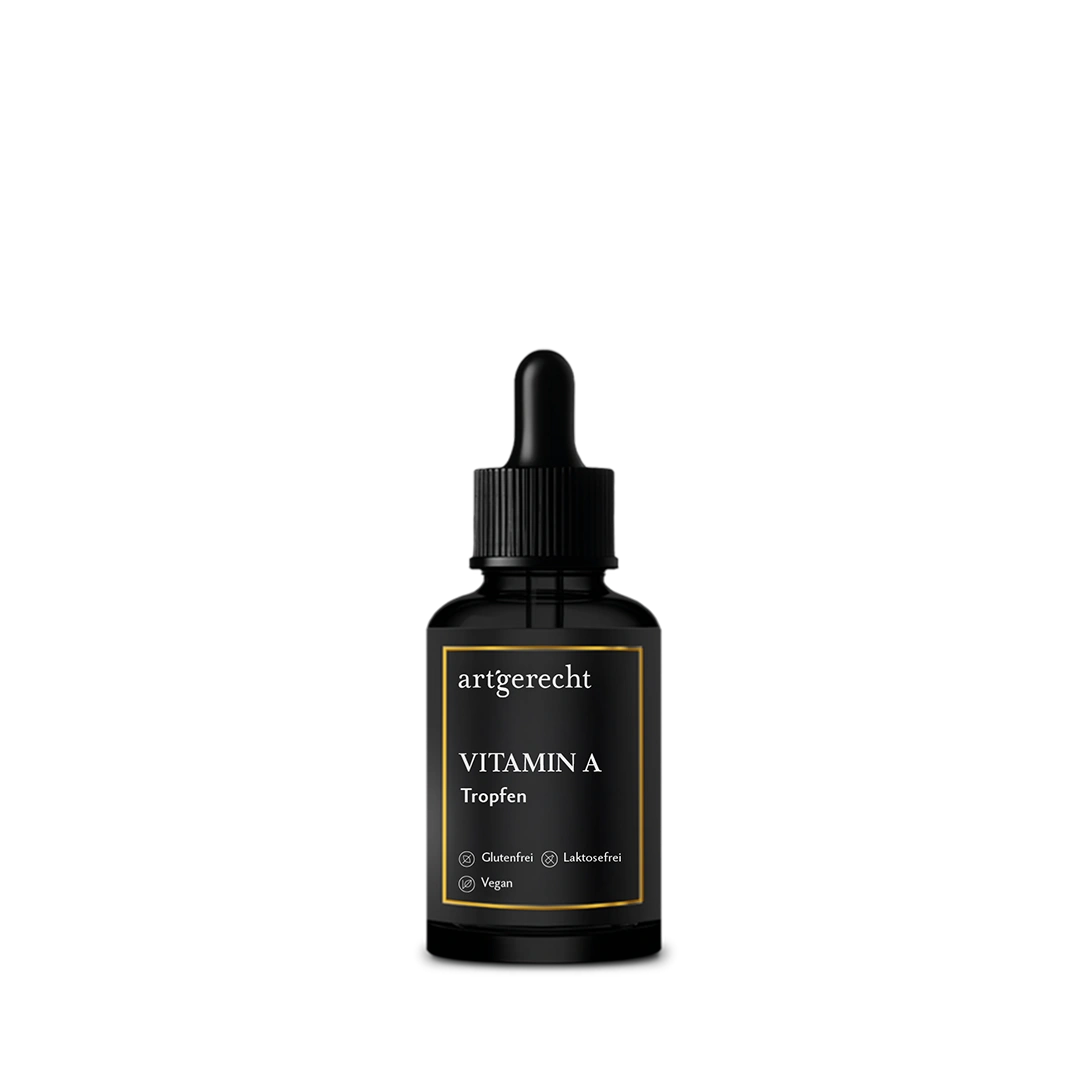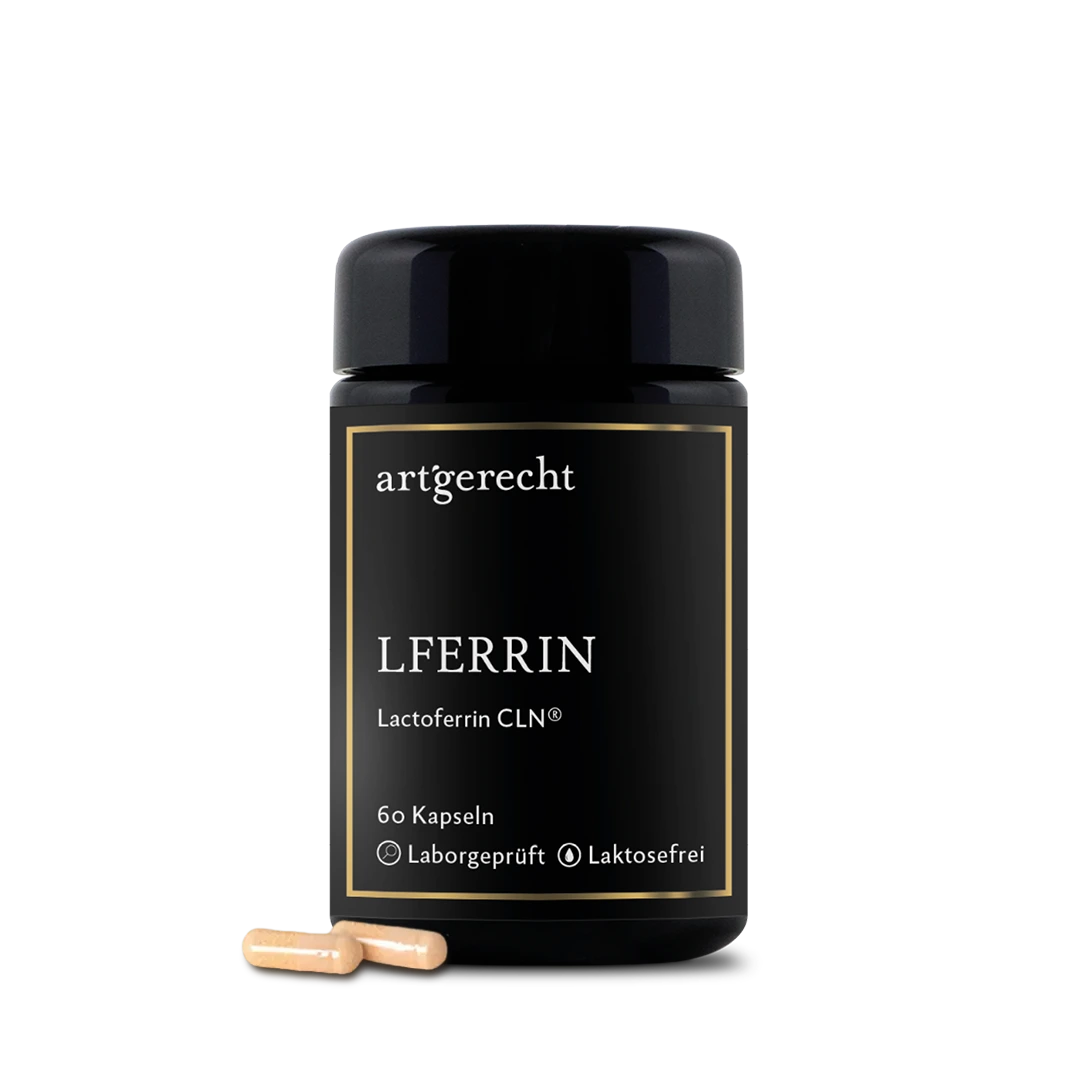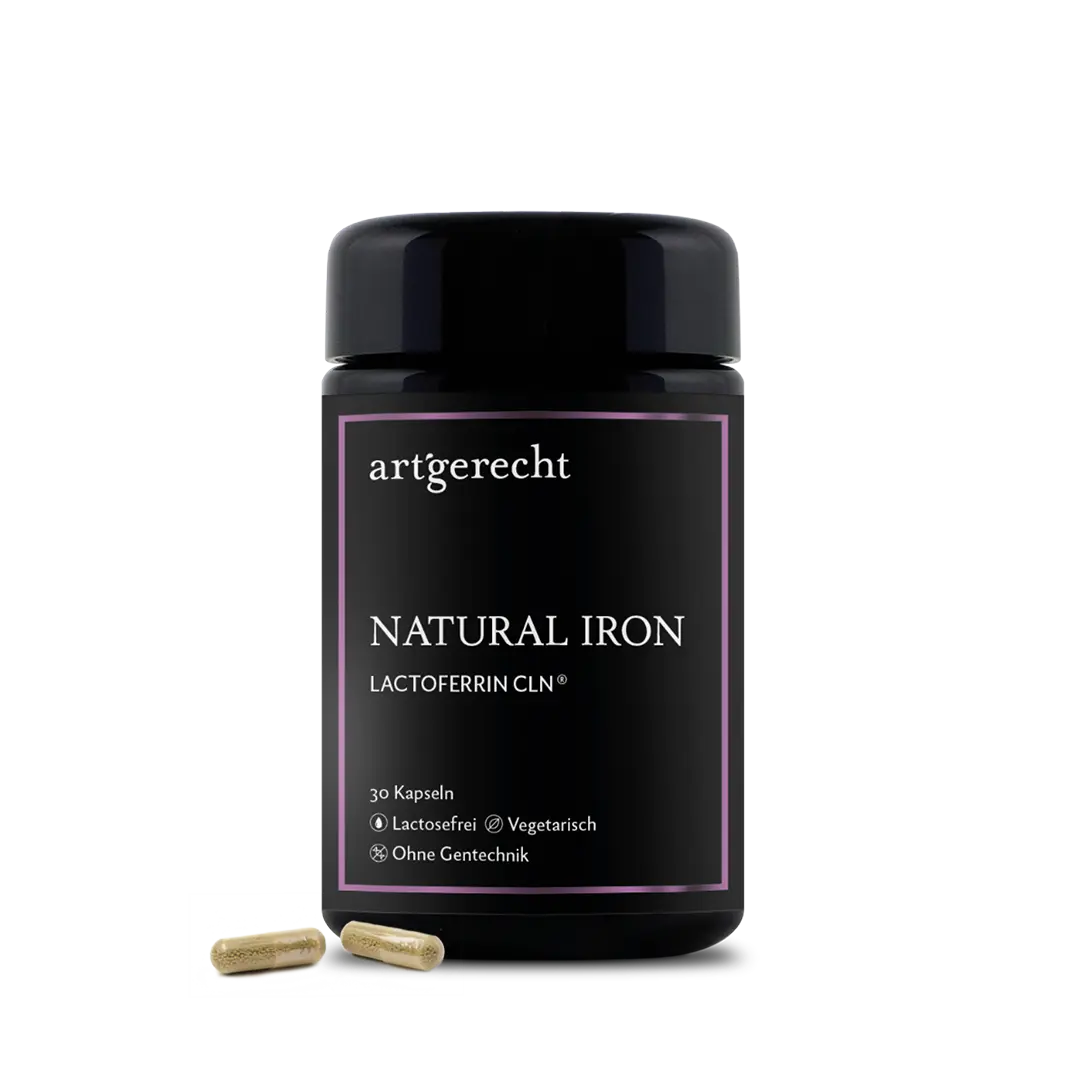The myth of healthy glugging
The belief that a daily glass of red wine is good for the heart has been around for decades. Red wine does indeed contain antioxidants such as resveratrol, which are said to have beneficial effects. However, more recent scientific evaluations have put this picture into perspective: the possible benefits are more than outweighed by the health risks of ethanol consumption. Even small amounts of alcohol affect blood pressure, promote lipidemia, increase the risk of fatty liver disease and increase the risk of diabetes;increase the risk of breast and bowel cancer – and impair sleep quality.
No-sure-measure: What the research really says
Former study results on moderate alcohol consumption are now considered outdated. Many of them suffered from systematic errors - for example by including former alcoholics in the abstinent comparison group. The WHO, the German Nutrition Society and leading public health institutions now clearly emphasize that there is no safe level of consumption. Every drop counts – negatively.
Germany's reality: millions drink riskily
Alcohol is deeply rooted in everyday German culture - with noticeable consequences. Around 6.7 million people in Germany consume alcohol at risk to their health. Over 1.6 million are considered alcohol-dependent. Every year, around 74,000 people die from the direct and indirect consequences of alcohol consumption, including cirrhosis of the liver, cancer and alcohol-related accidents. Particularly worrying: Even teenagers and young adults regularly consume large quantities – according to „Know your limit“ the annual average for 12 to 17-year-olds is 3.6 liters of pure alcohol, for young adults 9.7 liters.
![]()
Image source: „Know your limit“ – Bundesinstitut für Öffentliche Gesundheit (2025)
More treatments in the east and north
The analysis shows clear regional differences: people in the north and east of Germany were also disproportionately more frequently affected by alcohol addiction than in the rest of the country. The proportion of the population diagnosed with alcohol dependence was highest in Mecklenburg-Western Pomerania at 2.61 percent. The German average was 1.69 percent.
The proportion of those affected was also comparatively high in Saxony (2.27 percent), Saxony-Anhalt (2.21 percent), Brandenburg (2.10 percent) and Thuringia (2.09 percent). This was followed by the city states with 2.02% (Berlin and Bremen) and 1.94% (Hamburg). Schleswig-Holstein and Lower Saxony were also above average with 1.87 and 1.76 percent respectively.
![]()
Image source: Tagesschau (2024)
The trick with red wine: antioxidants without side effects
Why is wine still so often mentioned in a positive light? It is due to the secondary plant substances it contains, especially antioxidants such as polyphenols. These can actually have a protective effect. However, these substances can be absorbed in a much more targeted, concentrated and safer way via high-quality food supplements - without ethanol and its toxic effect on the liver, brain and cell metabolism.
Astaxanthin – the next-generation antioxidant
A particularly powerful and well-researched antioxidant is astaxanthin. It comes from the microalgae Haematococcus pluvialis and is 10 to 100 times more powerful than vitamin E or beta-carotene. Studies show: Astaxanthin can reduce oxidative stress in the body,prevent cell damagepromote regeneration and even protect the skin from UV damage. It also has an anti-inflammatory effect, supports the cardiovascular system and has neuroprotective properties - without the health risks of an alcoholic drink.
Astaxanthin is fat-soluble and should ideally be taken with a meal. Even small daily doses (4–12 mg) are sufficient to benefit from the effects. Anyone who relies on red wine „because of the antioxidants“ should üconsider whether a targeted and safe dietary supplement is not the better choice.
Conclusion: The healthy path does not go through a glass of wine
The idea that moderate alcohol consumption is good for your health is outdated. If you want to do something for your heart, your blood vessels and your cells, today you should focus on targeted micronutrient intake - not ethanol. Astaxanthin offers everything that has been positively attributed to red wine, but in a pure, concentrated and side-effect-free form. A conscious approach to alcohol – or giving it up completely – is not a loss, but a gain for the body, mind and quality of life.
Literature references
- Daily news. (2023). No alcohol – good intentions, little effect. https://www.tagesschau.de/wissen/gesundheit/alkohol-verzicht-vorsaetze-gesundheitsrisiken-100.html
- Tagesschau. (2022). Science: No safe measure for alcohol https://www.tagesschau.de/wissen/gesundheit/alkohol-gesundheit-100.html
- World Health Organization (WHO). (2023). No level of alcohol consumption is safe for our health. https://www.who.int/news/item/04-01-2023-no-level-of-alcohol-consumption-is-safe-for-our-health
- Bundesministerium für Gesundheit. (o. D.). Alcohol – a socially accepted drug. https://www.bundesgesundheitsministerium.de/service/begriffe-von-a-z/a/alkohol.html
- Know your limit. (o. D.). Alcohol consumption in Germany. https://www.kenn-dein-limit.de/alkoholkonsum/alkoholkonsum-in-deutschland/
- WebMD. (o. D.). Health Benefits of Astaxanthin. https://www.webmd.com/diet/health-benefits-astaxanthin
- Health.com. (2023). Astaxanthin: What You Need to Know. https://www.health.com/astaxanthin-benefits-8613082
- RXList. (o. D.). Astaxanthin – Uses, Side Effects, and More. https://www.rxlist.com/supplements/astaxanthin.htm
- Wikipedia. (o. D.). Astaxanthin. https://de.wikipedia.org/wiki/Astaxanthin


